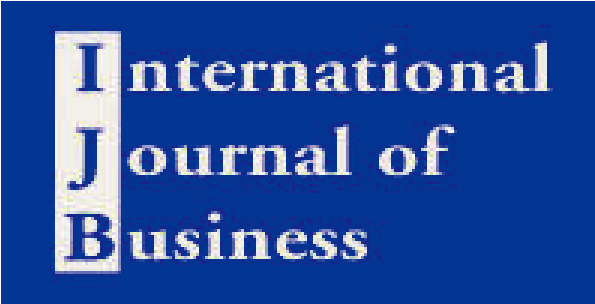Vol. 28 No.2 -02
Volume 28 Number 2, 2023
The Average Propensity to Consume of the Urban Chinese Household: An Analysis by Income Level
Tsoyu Calvin Lina, Williman Temponi Gonçalvesb, Wei-Qing Wangc, Zong-Han Lind*
a Department of Land Economics, National Chengchi University, Taiwan
tsoyulin@nccu.edu.tw
b International Master Program of Asian-Pacific Studies (IMAS), National Chengchi University, Taiwan
willimant@gmail.com
c Department of Finance, University of Science and Technology Beijing, China
wangwq@manage.ustb.edu.cn
d Department of Finance, Chaoyang University of Technology, Taichung City, Taiwan
zhlin@cyut.edu.tw
ABSTRACT
This study aims to measure the impact of Education, Health, Housing, Dependence and Income Growth on the Average Propensity to Consume (APC) of the Urban Chinese Households by Income Level. We use the Quantile Regression for analysis. Results show that Health has a negative impact on the APC; and that Education and Dependence has positive relation. For less wealthy households, “Income Growth” is positive related to the APC. “Housing Prices to Income” (PTI) has a negative impact on the APC for the majority of less wealthy households and national average. Therefore, policies that decrease uncertainties, the household expending on health and housing, and encourage stable growth, redistribute the existing wealth and increase of the size of the family may help to increase the APC in a long run. The government should take into account of issues of housing markets, education and taxation for future policy making of social and economic development.
JEL Classification: D12, E21, G5
Keywords: average propensity to consume (APC), Chinese household, precautionary savings, life-cycle hypothesis
Cite this article:
Lin, T.C., Gonçalves, W.T., Wang, W.-Q., and Lin, Z.-H., 2023, The Average Propensity to Consume of the Urban Chinese Household: An Analysis by Income Level, International Journal of Business, 28(2), 002. https://doi.org/10.55802/IJB.028(2).002
